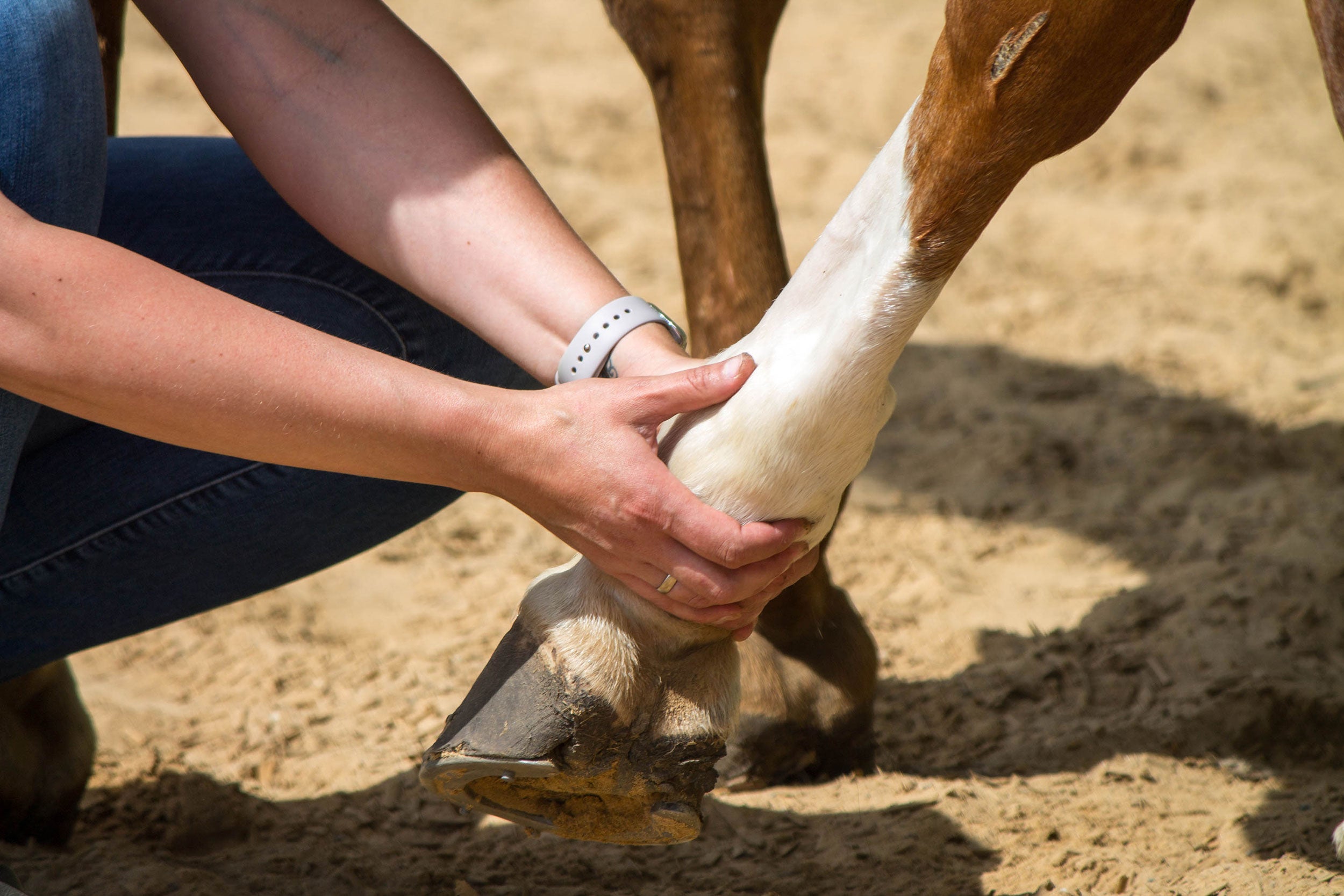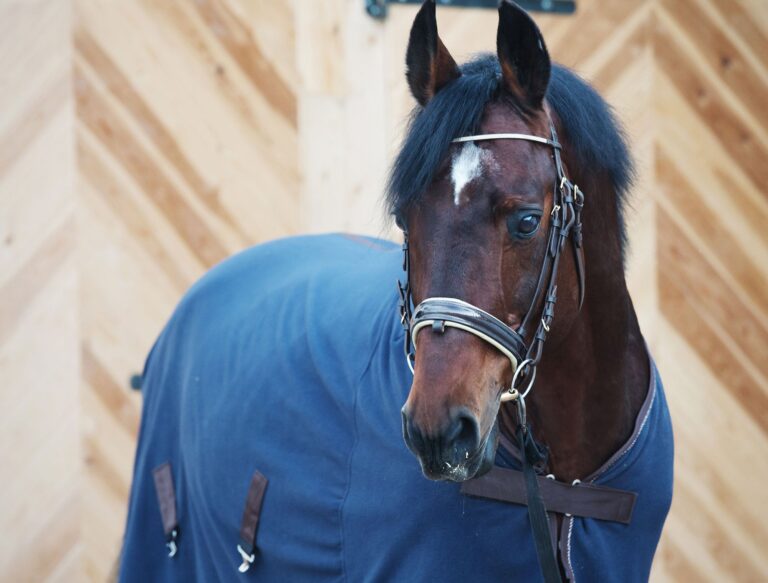Today, the U.S. Department of Agriculture’s Animal and Plant Health Inspection Service announced the temporary postponement of its final rule amending the Horse Protection Act regulations. The new rule, which was initially scheduled to go into effect on February 1, 2025, has been delayed for 60 days, with the new implementation date set for April 2, 2025.
APHIS had previously published the final rule (89 FR 39194-39251) to amend the horse protection regulations. Among other provisions, the rule would require APHIS to screen, train, and authorize qualified individuals to detect and diagnose soring at horse events, including shows, exhibitions, and sales.
Soring, a painful practice used to enhance the movement of Tennessee Walking Horses, is prohibited under the HPA. While some parts of the rule, such as the training of horse protection inspectors, were enacted earlier in 2024, the full regulations were set to be implemented in February 2025.
As a result of the postponement, APHIS says that it will issue guidance to stakeholders in preparation for the upcoming horse show season. This guidance will be critical as horse owners, trainers, and event organizers navigate the additional requirements and regulations scheduled to take effect in April.

Industry leaders celebrate win
In response to the postponement, some agricultural leaders expressed their support for the delay, viewing it as a temporary victory.
“Today, we’ve won the first battle. The USDA’s APHIS has announced a 60-day postponement of their new Horse Protection Act final rule, pushing the implementation date from February 1 to April 2, 2025,” wrote Texas Agriculture Commissioner Sid Miller. “While this delay doesn’t eliminate our concerns surrounding APHIS’s heavy-handed final rule, it gives us critical time to oppose unnecessary federal overreach that burdens horse owners, trainers, and event organizers.”
As the industry grapples with the new rule’s potential implications, stakeholders continue to evaluate how these changes will affect the equine community and the broader agricultural landscape.
With the postponement of the final rule, horse owners and event organizers now have additional time to address their concerns and work toward a resolution that aligns with both animal welfare goals and the practical realities of the horse industry.
“Let’s take this victory as a strong reminder of the importance of having an administration that truly supports agriculture,” Miller said. “We look forward to continuing to work alongside President Trump and USDA Secretary Designee Brooke Rollins to protect the equine industry and ensure its success and vitality not only in Texas but throughout the nation.”
What changes under the HPA would mean
The HPA, initially passed in the early 1970s, prohibits sored horses from participating in shows, exhibitions, and sales and also forbids the transportation of sored horses to or from these events. The recent revisions aim to strengthen the rules intended to prevent soring. Under the amended regulations, event organizers must give the USDA advanced notice and have government-approved veterinarians on-site during events. Additionally, they must maintain detailed records and verify the identity of all horses entered.
Increased scrutiny under the new rules will include inspections conducted by USDA-trained Horse Protection Inspectors, a move that eliminates the previous system relying on industry-appointed inspectors. The new system mandates that inspectors be either veterinarians or experienced equine professionals.
The revised rules place additional responsibilities on all participants in the equine industry. Owners, trainers, haulers, and event sponsors will all be held accountable for violations, and stricter inspection criteria mean that they must ensure compliance with the updated regulations to avoid penalties.
While the updated HPA regulations are intended to combat inhumane practices, many industry professionals and organizations have voiced concerns about the expanded scope of the law. Critics argue that the revisions could burden horse owners, trainers, and event organizers, pointing to the influence of animal rights groups in the revision process. These groups, according to opponents, have ideologies that conflict with the tradition of horse ownership and use, raising questions about the impact on the equine industry.


:max_bytes(150000):strip_icc()/First20Fruits20Farm20web-b0ee8825a6e74070aca3adda7783d0a6.jpg)
:max_bytes(150000):strip_icc()/Rollins-at-Elite-Octone-1536x1024-14660a06c81246008b8321c24e56300f.jpg)
:max_bytes(150000):strip_icc()/40325181484_7b06be9252_o-5661b6be97984ea6990ca4180fb71ce1.jpg)



:max_bytes(150000):strip_icc()/Soybeans-WormsEye_0-2000-4afb8f4a21ee4a21a0abcd19ccd4272d.jpg)
:max_bytes(150000):strip_icc()/8293232288_8da55cc72e_o-b324a9331b0a48b487dd867154d53c50.jpg)